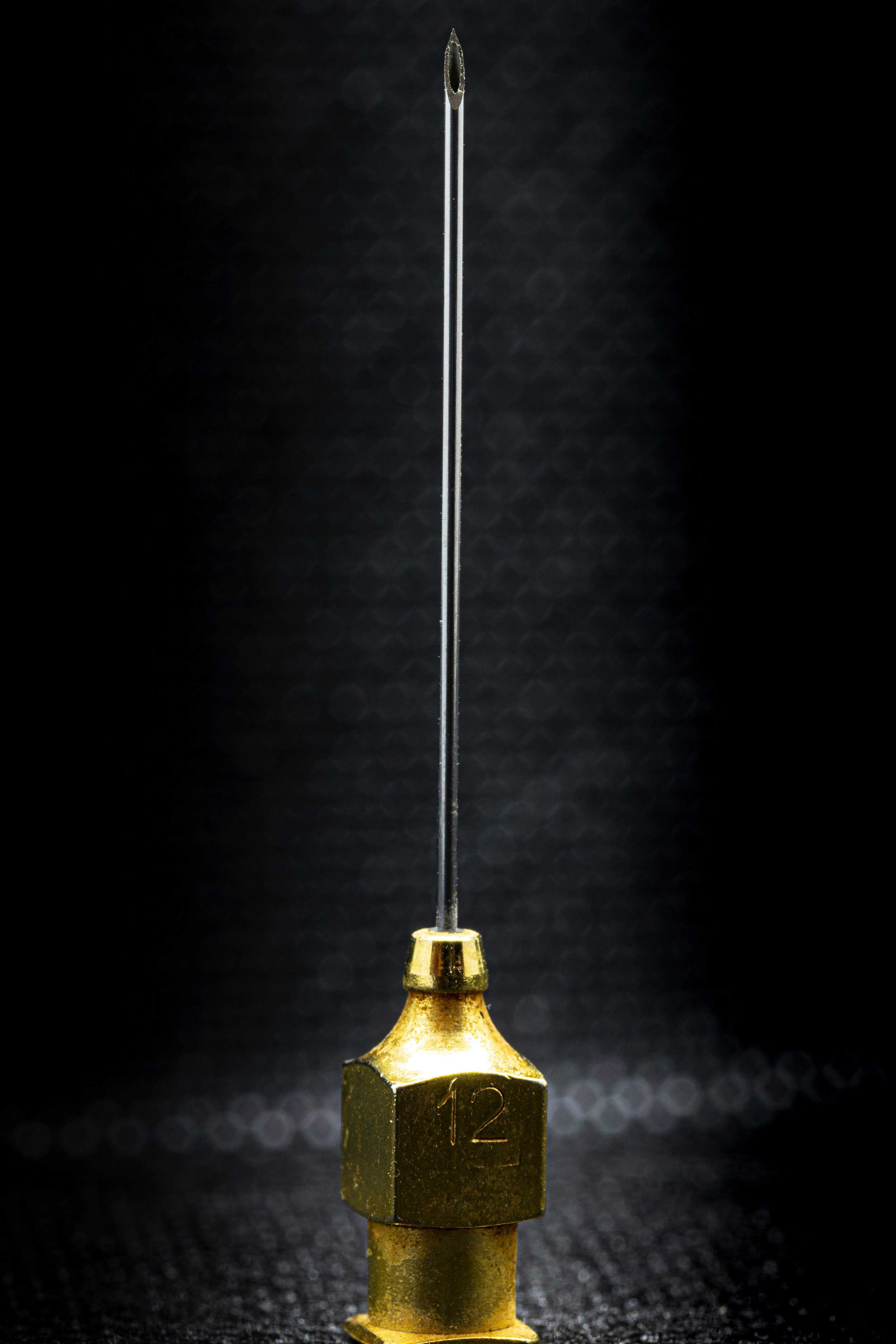
48 HOUR GENRE SMASH FLASH FICTION CHALLENGE RUNNER UP (1)
Prize: £100
and the runner up is…
Sarah Coury
MUD PIES AND PRY BARS
When the pry bar strikes bone, something inside her shifts out of place.
At one point in time, Abigail considered Mr. George Caraway’s interest in her to be a blessing. A prayer answered. A miracle. Known to most as the young, troublemaking girl who meandered about town making messes in the mud, she was never considered to be especially marriageable, despite her strong jaw and wide hips. Instead, the town fixated on her flaws. Her knees were perpetually scraped. Her nails were caked in dirt. There wasn’t a tree in town she hadn’t climbed. Many considered it to be a genuine source of shock when George Caraway began to call on her, Abigail's father most of all.
Another strike of steel, leaving brilliant red lashes along pale skin.
Abagail, for her part, had enjoyed the attention. More than that, she enjoyed the idea that after all of the courting, and proposing, and marrying, George Caraway would take her away from a life laid out by her mother. His visits provided an escape from her usual routine of preparing several dinner plates, bathing six siblings, and wasting her precious free time embroidering useless little flowers across every swath of fabric that could be twisted between her mother’s wooden hoops. George, she believed, was her answer. George was her savior.
Abigail does not believe this anymore, as the pry bar strikes a third time.
In hindsight, she remembers rumors about George’s father, grandfather, uncles, and brothers. About the Caraway men and the way they burn through wives quicker than they burn through firewood, finances, and tobacco. She also remembers her father dismissing these claims, and urging her to do the same. After all, Abigail’s dowry hardly allowed for much choice in the integrity of her suitors.
Perhaps this attack is her fault, then—blood covering her face as the bar strikes again, and again, and again. Perhaps she should have turned her suitor away the moment his kind insistence became expectant demands. Perhaps she should have prepared for days of silence and nights of pain under his greedy caress. After months of marriage she knows better than to disturb George in his study, where the lonely lamplight does so little to keep away his shadow, but she had disturbed him anyway. This is her fault.
She should have expected George to yell, and hit, and heave her bruised body into the hardwood.
She should have expected him to pull the pry bar from his desk drawer.
She should have expected him to swing.
But she never expected to catch his swing against her palm. Nor did she expect that, among the stench of sweat and whiskey, she would be able to disarm him.
Her husband, splayed across hardwood, does not move any longer. Even so, Abigail adjusts her grip along the cold steel and continues to swing. In a way, the act is much like embroidery. When Abigail strikes his skull, the blood splatters and splits like the raw end of a thread. When she strikes his legs, his limbs overlap into tight little loops, just like the center of her sewn flowers. Each hit against his ribs acts as a fresh stitch in a pattern she must make whole, because a good wife leaves no project incomplete.
With every crack of his bone or gush of his blood, something also snaps in Abigail. She now knows that George Caraway was never a blessing. She realizes that prayers aren’t answered for girls who make mud pies. With one final strike, she transforms into a woman who will never swing from the trees again.
About our runner up…
Sarah Coury is a longtime flash fiction writer whose works have placed in multiple short form competitions, including those hosted by NYC Midnight and Globe Soup. While she is constantly exploring genres, she specializes in writing mysteries, thrillers, and heists. After graduating with a degree in Children's Literature from Eastern Michigan University, she spent five years working as a growth marketer for a high-production publishing house where she learned how to connect books to their readers. When she is not writing, she is probably trying to predict the twist of a whodunit before the narrator reveals it.

